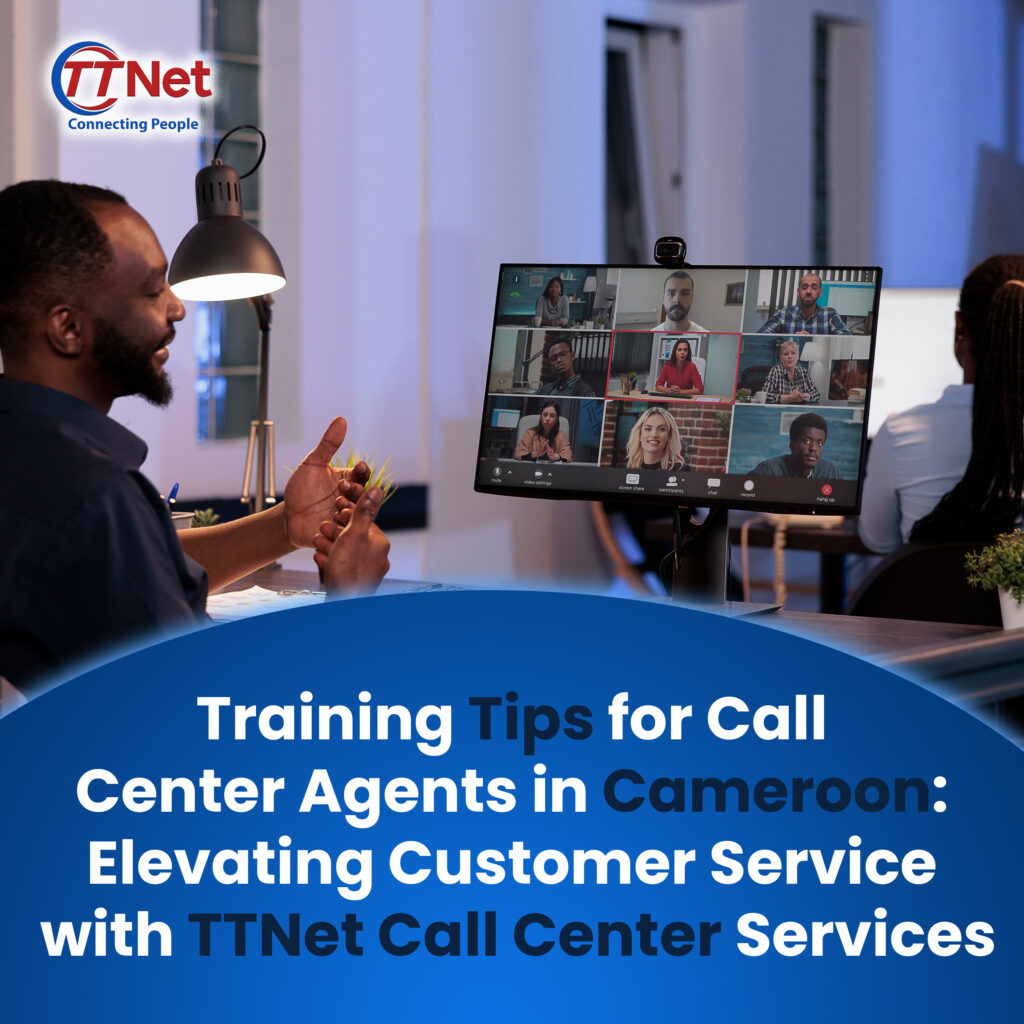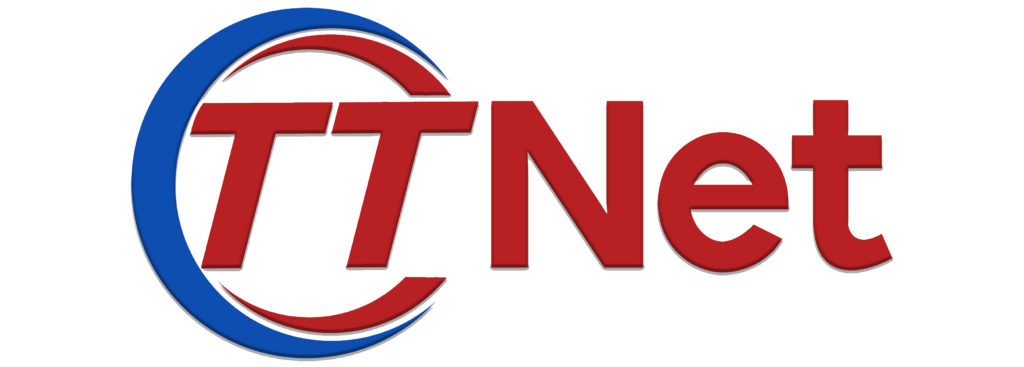
The call center industry in Cameroon is experiencing rapid growth, driven by increasing demand for customer support in sectors like telecommunications, banking, and e-commerce. However, delivering exceptional service requires more than just hiring agents, it demands targeted training that addresses Cameroon’s unique linguistic, cultural, and technological landscape. With solutions like ttNet Call Center Service, businesses can streamline operations while empowering agents to excel. In this blog post, we’ll explore actionable training strategies tailored for Cameroonian call centers, ensuring your team meets global standards while resonating with local customers.
1. Mastering Multilingual Communication
Cameroon’s linguistic diversity, with French and English as official languages and over 200 local dialects, poses both opportunities and challenges for call centers. Agents must be trained to:
– Switch Fluently Between Languages: Equip agents with conversational proficiency in French and English, emphasizing industry-specific vocabulary (e.g., billing terms for telecom support).
– Adapt to Regional Dialects: While formal training in all dialects is impractical, agents should recognize common local expressions. For example, understanding colloquial terms for “network issues” in regions like Douala or Yaoundé can improve rapport.
– Avoid Jargon: Simplify technical terms for customers with limited digital literacy, a common scenario in rural areas. Role-playing exercises can help agents practice rephrasing complex concepts.
ttNet Integration: Use ttNet’s AI-powered language detection tools to route calls to agents with the appropriate language skills, reducing miscommunication.
2. Building Product and Process Expertise
Customers expect agents to resolve issues swiftly, which requires deep knowledge of products and internal workflows. Training should focus on:
– Scenario-Based Learning: Simulate common customer complaints (e.g., mobile data activation delays, loan repayment queries) to help agents practice troubleshooting.
– Cross-Department Collaboration: Familiarize agents with backend processes (e.g., how refunds are processed) to set accurate expectations.
– Regular Knowledge Updates: Host monthly workshops to review new features, policy changes, or promotional campaigns.
ttNet Advantage: Leverage ttNet’s centralized knowledge base to provide agents with real-time access to product manuals, FAQs, and troubleshooting guides during calls.
3. Cultivating Emotional Intelligence (EQ)
High-pressure interactions can lead to frustration for both agents and customers. EQ training helps agents:
– Practice Active Listening: Teach agents to paraphrase customer concerns (e.g., “I understand your mobile money transfer failed twice”) to demonstrate empathy.
– Manage Stress: Introduce breathing techniques or short mindfulness exercises between calls to reduce burnout.
– De-escalate Conflicts: Role-play scenarios where agents address angry customers, emphasizing phrases like, “Let me prioritize this for you,” to restore trust.
ttNet Support: Use sentiment analysis tools to flag distressed customers, prompting agents to adjust their tone or escalate the call if needed.
4. Leveraging Technology Effectively
Call centers relying on ttNet’s cloud-based platform must ensure agents are comfortable with its features:
– CRM Navigation: Train agents to quickly retrieve customer histories, update records, and log interactions.
– Omnichannel Management: Practice responding to queries across email, chat, and social media, ensuring consistent service quality.
– Troubleshooting Tech Glitches: Prepare agents to guide customers through basic fixes (e.g., clearing app cache) while escalating complex IT issues.
Hands-On Drills: Conduct mock sessions where agents use ttNet’s dashboard to transfer calls, mute lines, or generate post-call summaries.
5. Understanding Cultural Nuances
Cameroon’s cultural diversity requires agents to tailor their approach:
– Respect Hierarchical Norms: In Bantu cultures, customers may expect formal greetings (e.g., “Good morning, Sir/Madam”) before discussing issues.
– Localize Service Examples: When explaining processes, use relatable analogies (e.g., comparing app navigation to “navigating a market”).
– Awareness of Holidays: Highlight regional holidays (e.g., Youth Day on February 11) in training to avoid scheduling conflicts or service delays.
ttNet Customization: Configure automated greetings and hold messages in local languages to enhance customer experience.
6. Embracing Continuous Improvement
Training shouldn’t end after onboarding. Implement:
– Quality Assurance (QA) Reviews: Analyze call recordings to identify gaps and share best practices.
– Peer Coaching: Pair new agents with mentors for feedback on tone, pacing, and problem-solving.
– Certification Programs: Offer incentives for completing advanced modules on ttNet’s analytics tools or conflict resolution.
ttNet Analytics: Use performance dashboards to track metrics like average handle time (AHT) and first-call resolution (FCR), aligning training with data-driven insights.
7. Prioritizing Data Security and Compliance
With rising cyber threats, agents must understand:
– GDPR and Local Regulations: Train teams to verify customer identities before discussing sensitive information (e.g., account balances).
– Secure Data Handling: Ensure agents never share login details or store customer data on personal devices.
– Fraud Detection: Teach agents to recognize phishing attempts (e.g., fake “network upgrade” alerts).
ttNet Safeguards: Utilize end-to-end encryption and access controls to minimize breaches.
Conclusion: Investing in Excellence
Cameroon’s call center industry thrives when agents are equipped with the right skills and tools. By combining tailored training in communication, technology, and cultural awareness with ttNet’s robust infrastructure, businesses can reduce attrition, boost customer satisfaction, and position themselves as leaders in a competitive market. Start by auditing your current training program, does it address the nuances outlined here? If not, it’s time to redesign it with ttNet as your strategic partner.
Call to Action: Share your training challenges or success stories in the comments below. For a personalized demo of ttNet Call Center Service, [contact our team here].

